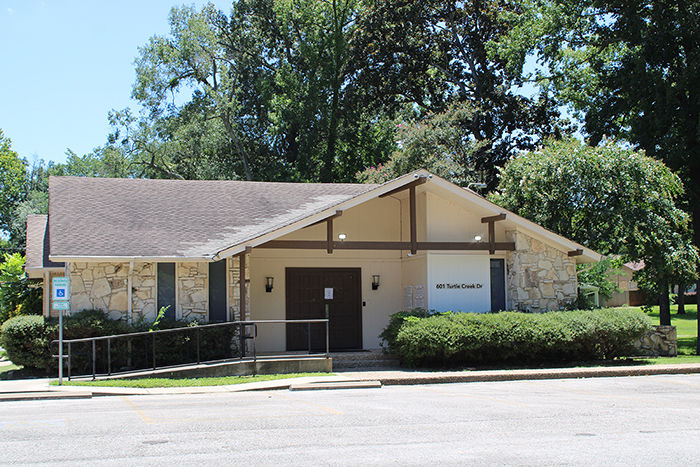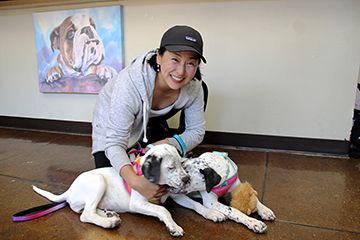Being poor isn’t just being broke
Published 10:12 pm Monday, January 5, 2015
Sure, it sounds logical. You can eliminate poverty simply by sending people money.
That’s the theory that sparked a five-year experiment in a small Canadian town in the 1970s. A new article about the Dauphin, Manitoba project on the Huffington Post website is getting some attention in public policy circles.
Trending
But the experiment failed, because of a fundamental misunderstanding: Being poor isn’t the same thing as being broke.
“Between 1974 and 1979, residents of a small Manitoba city were selected to be subjects in a project that ensured basic annual incomes for everyone. For five years, monthly checks were delivered to the poorest residents of Dauphin, Manitoba –- no strings attached,” the article says. “And for five years, poverty was completely eliminated.”
That, of course, depends on how you define poverty. Certainly the “Mincome” program (the name combines “minimum” and “income”) helped people with material needs. But it didn’t help with the problems and challenges and pathologies that the poor face. There’s much more to poverty and to compassion efforts than simply sending a check.
A full-time college student appears, on paper, to be poor. And he may even feel that way as he eats his ramen noodles. But his situation is fundamentally different from that of, say, a single mother with severely limited job skills, no car, and unreliable child care.
It’s more true to say that poverty is a lack of access to resources. Measures such as income and expenses are helpful, but they don’t present the full picture. A far better definition of poverty is offered by Steve Corbett and Brian Fikkert, in their book “When Helping Hurts.”
“While poor people mention having a lack of material things, they tend to describe their condition in far more psychological and social terms…” the authors explain. “Poor people typically talk in terms of shame, inferiority, powerlessness, humiliation, fear, hopelessness, depression, social isolation and voicelessness. Low-income people daily face a struggle to survive that creates feelings of helplessness, anxiety, suffocation and separation that are simply unparalleled in the lives of the rest of humanity.”
Trending
The poor lack many intangible things many of the rest of us take for granted. And many of those things are derived from self-sufficiency. Giving people more a check doesn’t address the inner struggles faced by the poor.
The Canadian experiment actually made some of those difficulties worse, by its intrusiveness and condescension.
The Huffington Post quotes one of the participants in the experiment, who still lives in Dauphin.
“She remembers Mincome researchers visiting the home regularly to calculate how much money the family was qualified for,” the article says. “‘We kept track of everything and somebody would come once a month,’ she explained.”
Participants had to keep and produce on demand records of everything they earned and spent.
Leilani Farha, executive director of Canada Without Poverty, is critical of the program for the right reasons.
“Poverty is also about stigmatization and discrimination. You know, basic income is not going to address that,” she said.
We must do more to help the poor than simply send a check.







